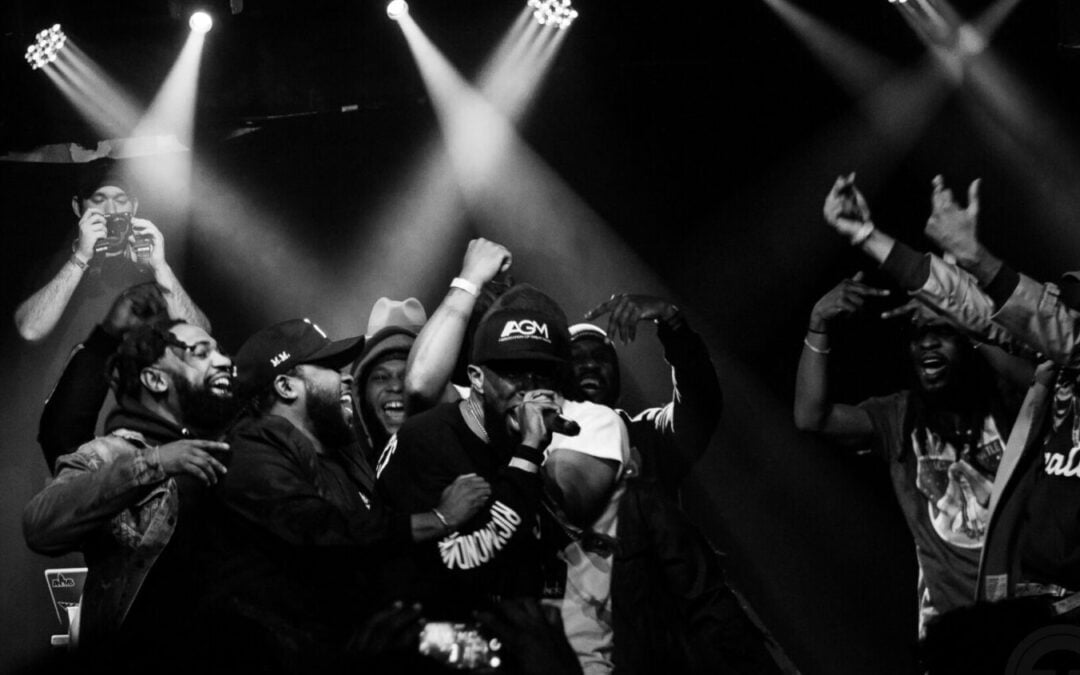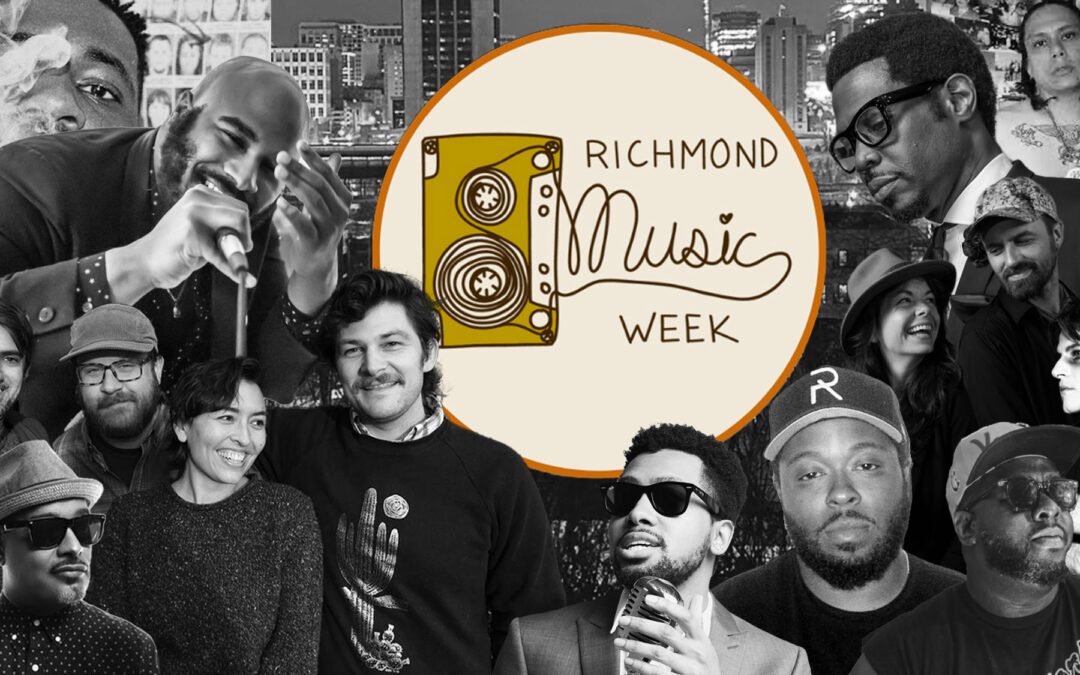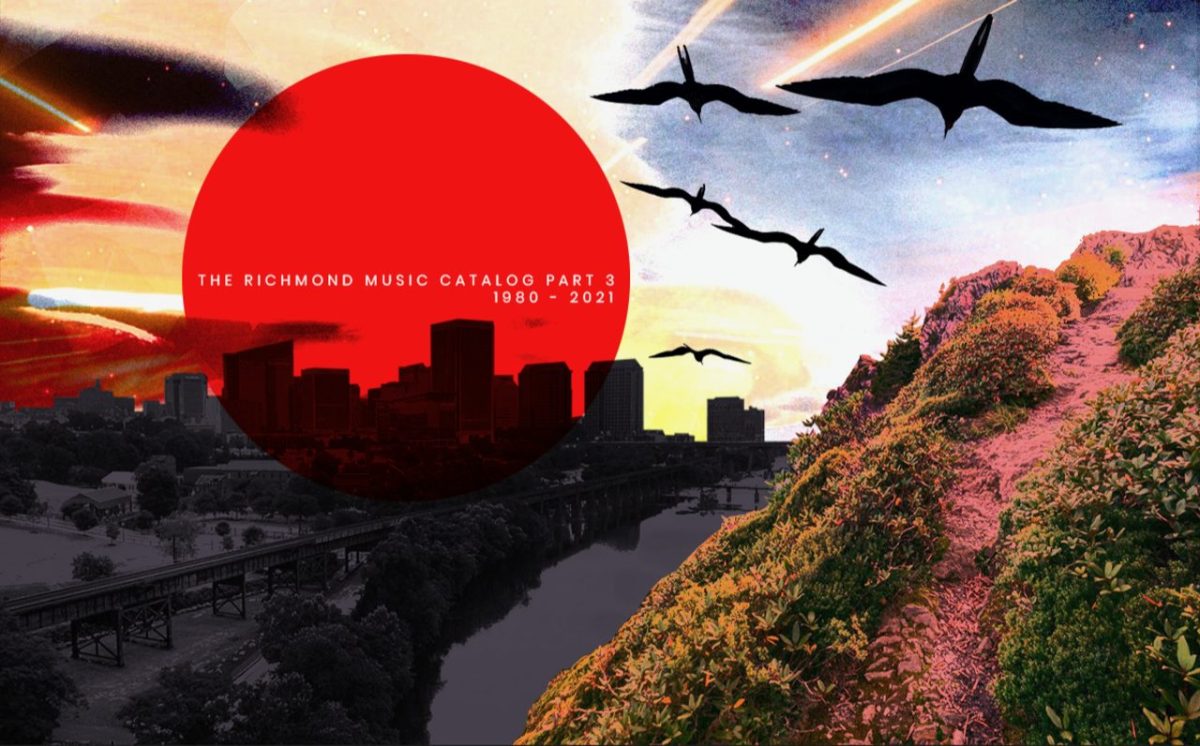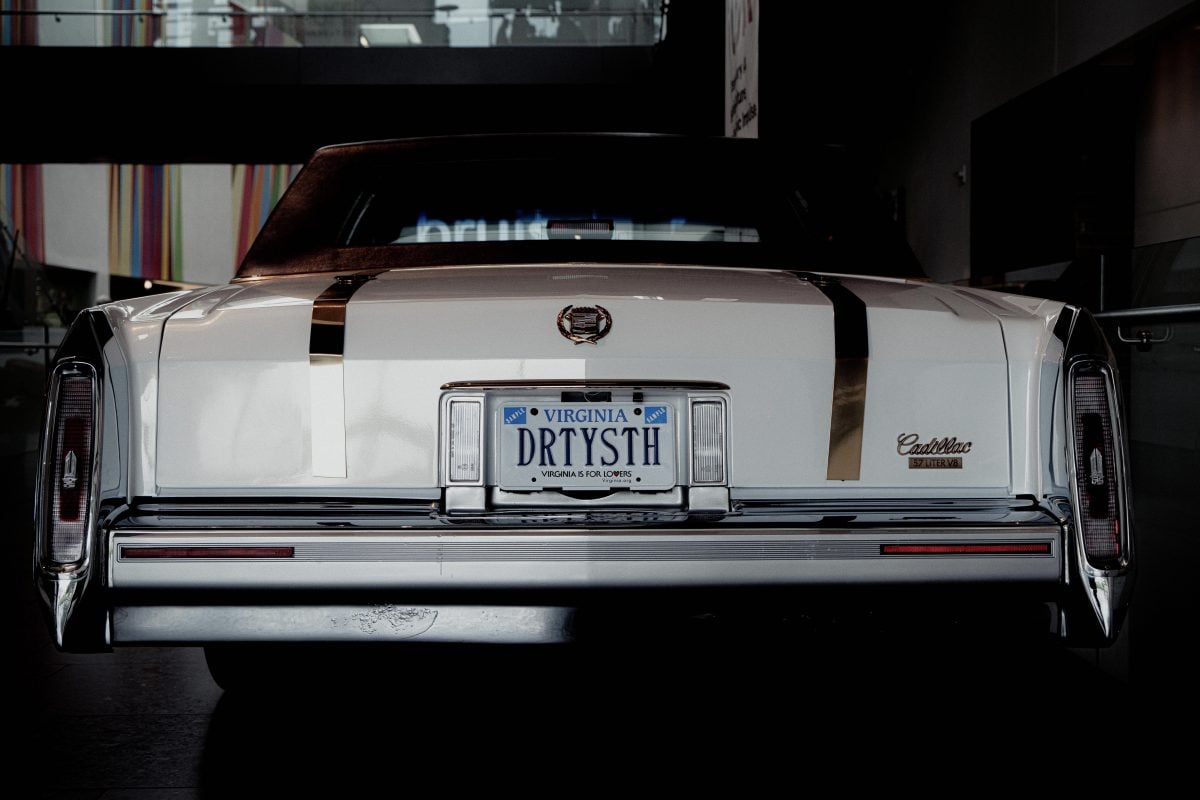It’s hard to believe hip-hop was once the red-headed stepchild of jazz and soul. Purists complained the genre was a crude regurgitation of its predecessors over a break beat, but 50 years later, a once misunderstood genre is now Big Brother—omnipresent in virtually...





